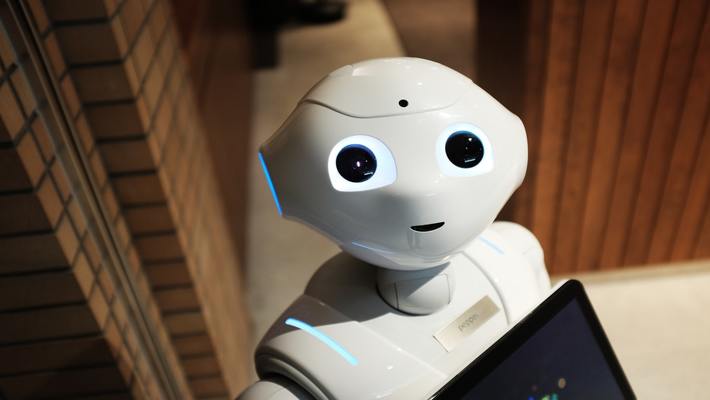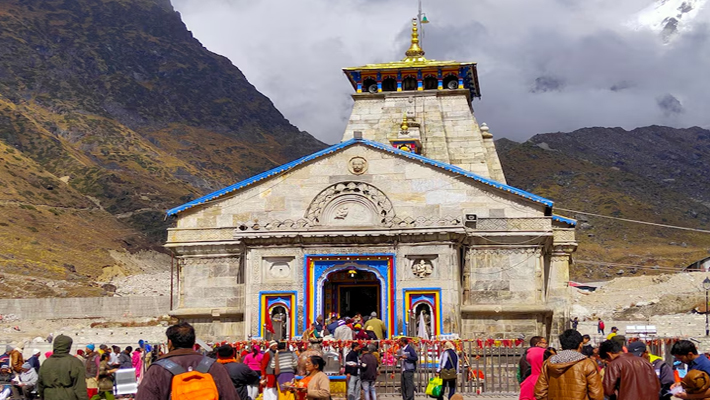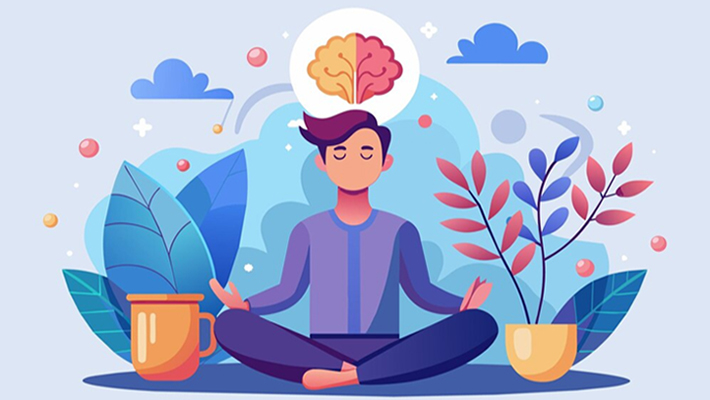
Artificial Intelligence, in a span of a few years, has drastically changed the world we live in. Even if we don’t realize, AI is everywhere, making the world functioning as we know it today. From chatbots to detecting credit card frauds and self-driving cars – AI has made our lives easy going from tasks that require following repetitive steps and procedures. It would be reasonable to think that one day AI would also be coordinating entire city traffic.
In recent times, AI has marked significant breakthroughs in the changing nature of creative processes as well. AI is playing a very significant role in creative activities such as Music, Architecture, Fine Arts, and Designing. Rather than seeing the computer as just a tool to support our creative processes, scientists are beginning to dive into an entirely new sub-field of Artificial Intelligence dubbed as Computational Creativity, which views AI as a creative entity in its own right.
In short, Computational Creativity is the science that builds softwares that exhibits creative behavior similar to humans.
AI is now capable of composing songs, Poems, and even writing novels…..
It was only a couple of decades ago when we used to think. Chess was the pinnacle of human intelligence, way too complex for computers to understand. This notion was however, shattered when IBM’s Deep Blue amazed the whole world by beating the World Chess Champion Garry Kasparov. Those employed in jobs deemed as ‘low skill’ have long anticipated the complete takeover of their livelihood by AI eventually. But recent advents in the field of Computational Creativity has made Musicians, Artists, and Writers nervous as well.
Here’s Why:
“It was nine seventeen in the morning, and the house was heavy.” – This is the opening sentence of the book titled “1 the Road,” published in the year 2018 – a novel entirely written by AI. The book is an AI-penned version of Jack Kerouac’s On the Road. Similarly, an AI bot named Benjamin had successfully written a short sci-fi movie named “Sunspring” back in 2016. The movie was later acted out and played in the Sci-Fi London Film Festival, and it is still available on YouTube.
Journalists, too, have their fair share of reasons to be worried about the AI takeover. Pretty much all the major global news outlets such as Washington Post, Forbes, and Bloomberg are deploying AI and ML tech to help them create content online. For instance, Bloomberg deploys an AI-driven computer system called Cyborg to turn chunks of financial data and reports into mini-articles instantly.
In April 2018, a team of researchers from Microsoft and Kyoto University developed a Poet AI good enough to fool anyone. Here was the Poet AI’s best attempt:
the sun is a beautiful thing
in silence is drawn
between the trees
only the beginning of light
While the Poet AI made many attempts to write down poems, most of them were pretty non-sensical, to say the least. Music, arts, and creativity, in general, is open to interpretation, praise, and ridicule. No one can predict the nature of creative works that would be in demand in the future, but one thing is certain that it will be created by humans and machines alike.







